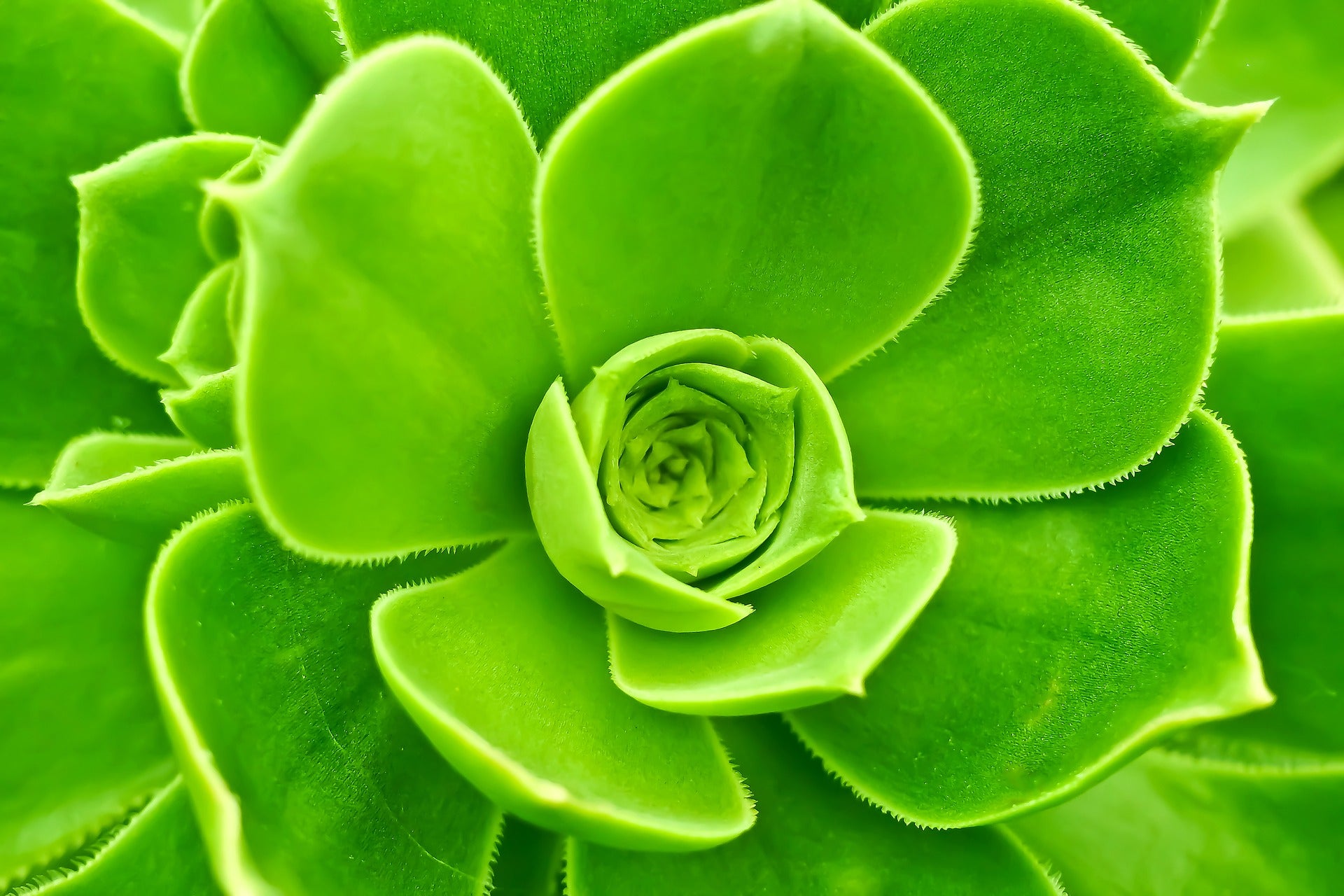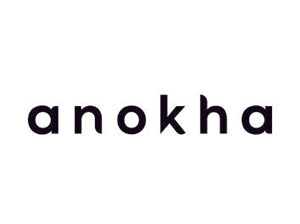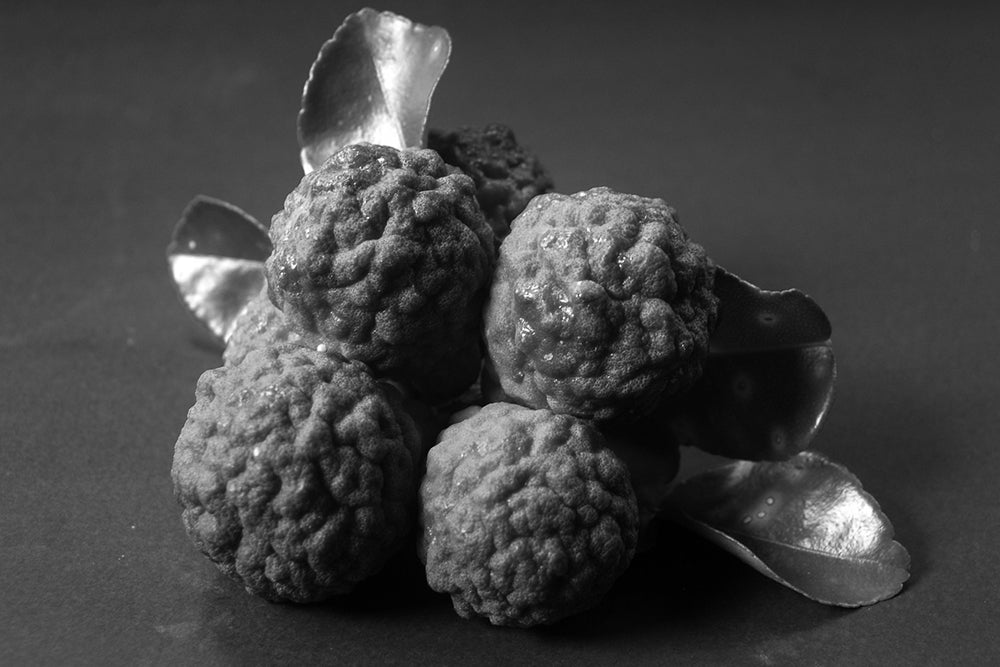
what is natural skin care?

What is “natural”? How do we determine if a product or ingredient is truly natural? While there are strict requirements for use of the term "organic" in marketing, "natural" is much more loosely defined and seems to be determined at this time by both consumer demand and brand marketing.
When Anokha was founded in 2008, I relied on the standards set by Burt’s Bees to determine what to include and what to leave out of my products, and I find that these are still some of the most relevant guidelines in the industry today. That same year, Burt’s Bees in conjunction with the Natural Products Association developed what they termed The Natural Standard for Personal Care Products. Under this standard, any product which is labeled as “natural” must meet these criteria:
- Natural: The product should be made up of natural ingredients and be manufactured in a fashion such that ingredient purity is maintained.
- Safety: The product should omit ingredients for which research has shown a suspected human health risk.
- Responsibility: The product should not use any animal testing in its development.
- Sustainability: The product should use biodegradable ingredients and packaging which is environmentally sensitive.
While this standard is an excellent starting point, it leaves open to question how we define natural ingredients. At a minimum, the following ingredients are generally avoided within the natural category:
- Phthalates: Phthalates are a group of chemicals which make plastics more flexible and harder to break. They are also used to dissolve other substances. Although there is not enough data to determine the effects on humans, phthalates have been shown to affect the reproductive system in animals.
- Parabens: Parabens are synthetic chemicals used as preservatives. Although parabens can be easily absorbed through the skin, they are quickly excreted from the body. Again, the effect on human health is unknown.
- Sodium lauryl sulfates (SLS): SLS’s are surfactants, which are used to create the foaming effect seen in many cleansing products. Although it has been determined that it does not react with DNA, it is a known irritant to both animal and human skin and eyes.
- Petrolatum: Petrolatum is a mineral oil jelly which is used in cosmetics as a barrier to lock in moisture. When it is properly refined, it poses no health risks. However, in the United States, petrolatum is frequently not fully refined, and can be contaminated with polycyclic aromatic hydrocarbons, which are toxic.
Anokha Skin Care products have never contained any of these ingredients. In 2008, it was challenging to convince my manufacturer that these items could simply not be included in my products. Now, fortunately, there are a number of excellent manufacturers who are open to alternatives for preservation and hydration. As a surgeon who is somewhat obsessive about cleanliness and sterility, I insist that a preservative be added to all products. The exception is our Ayurvedic line, which contains oils and a lip butter. These oil-based items are less prone to contamination, and are made in very small batches meant for immediate use. Any water-based product, such as a cleanser or toner, must contain a preservative to prevent bacterial contamination, without question. Failure to include this would not only violate the Food and Drug Administration’s recommendations for shelf-life, but would also be irresponsible and a breach of our customers’ loyalty.
This is just an initial venture into the world of naturals, and in the next blog post we will explore preservatives – what can and can’t be used, and why. For more information, please visit the following sites:



leave us a comment
This site is protected by hCaptcha and the hCaptcha Privacy Policy and Terms of Service apply.